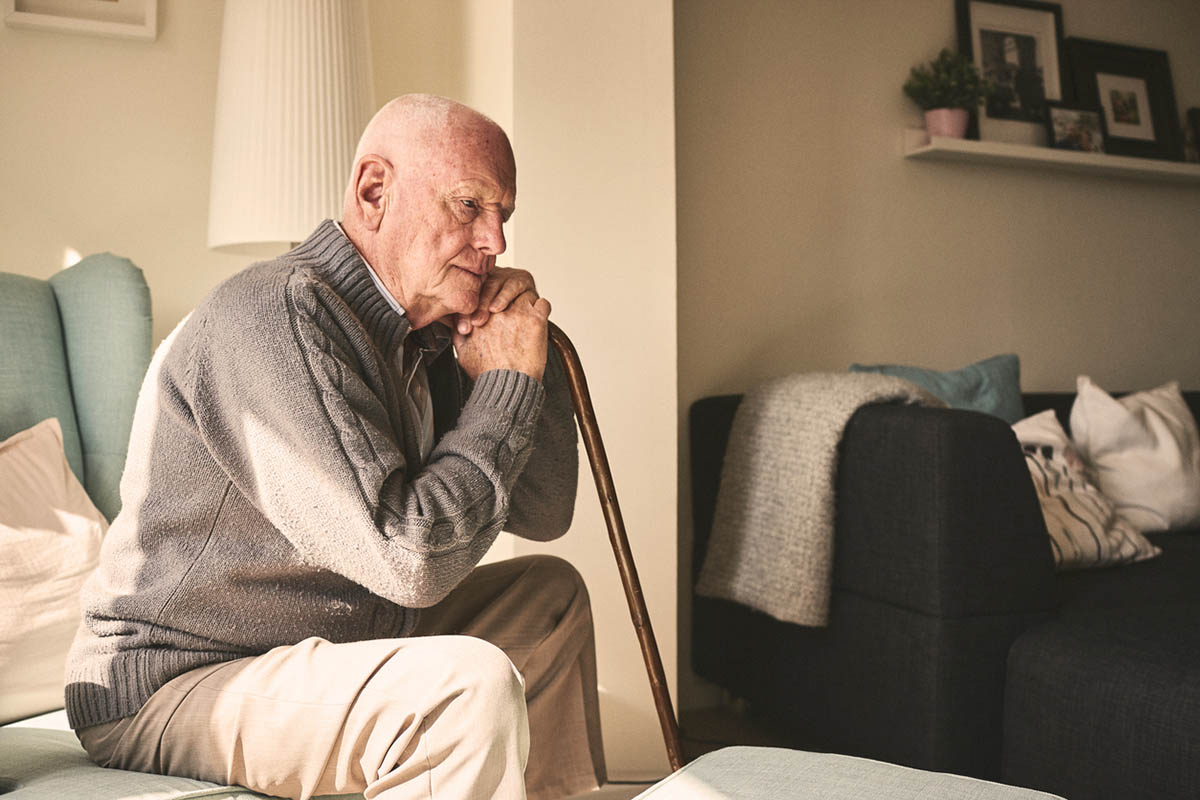See letter by Read and article by Andrade
J Clin Psychiatry 2021;82(5):21lr14047a
To cite: Andrade C. If ECT is a placebo, we need more of such placebos in psychiatry: reply to Read. J Clin Psychiatry. 2021;82(5):21lr14047a.
To share: https://doi.org/10.4088/JCP.21lr14047a
© Copyright 2021 Physicians Postgraduate Press, Inc.
aDepartment of Clinical Psychopharmacology and Neurotoxicology, National Institute of Mental Health and Neurosciences, Bangalore, India
*Corresponding author: Chittaranjan Andrade, MD, Department of Clinical Psychopharmacology and Neurotoxicology, National Institute of Mental Health and Neurosciences, Bangalore 560 029, India ([email protected]).
To the Editor: The purpose of my article1 on the efficacy of electroconvulsive therapy (ECT) was not to convince Dr Read, with whom I must courteously agree to disagree, but to present to students and professionals arguments that are evidence-based as well as amusing but logically sound. Dr Read’s “evidence-based response”2 to my article contains no evidence at all; rather, it restates opinions that I have already refuted.1 In this letter, I will therefore limit myself to other issues that he has raised.
First, Dr Read’s ad hominem attack is surprising. Unmodified ECT was nowhere a subject in my commentary, and the issue appears to have been brought up solely with a view to discredit me. Because he has raised the issue, I offer my answers. He is mistaken; it is the failure to administer muscle relaxant, and not general anesthesia, that defines unmodified ECT; this is because “modification” refers to modification of the peripheral seizure and not modification of the level of consciousness.3 And he is mistaken; I have never supported unmodified ECT. In fact, I conducted 2 studies4,5 in an attempt to demonstrate that unmodified ECT is associated with musculoskeletal and other morbidity. Furthermore, I have across decades described adverse consequences of unmodified ECT, expressed reservations regarding its use, and suggested how its use may be curtailed.6–8
The selective reference to Peltzman et al9 is inaccurate and misleading. This observational study found that suicide was 0.31 times more likely in the ECT group, and not 1.31 times more likely, as Dr Read states (the odds ratio was 1.31); and Dr Read perhaps deliberately neglected to inform readers that this 0.31 times increase in risk was not statistically significant. Readers may further note that such observational studies are vulnerable to confounding by indication because patients who receive ECT tend to be more severely ill than those who don’t receive the treatment, and adjustments for indices of illness severity are inevitably plagued by inadequately measured and unmeasured confounds. Dr Read failed to cite the equally relevant study by Liang et al10 which found that ECT significantly reduced the hazard of suicide in both unipolar depression (hazard ratio [HR], 0.79; P = .041) and bipolar depression (HR, 0.81; P = .046).
Dr Read misses the point when he states that history is littered with “treatments” that survived decades before being deemed ineffective, harmful, or both. He may please note that ECT has survived to the present date; this is an era in which the bar for safety and efficacy are set at high levels, and an era in which it would be impossible for a dangerous and ineffective treatment to continue to find worldwide acceptance. If Dr Read believes that ECT is cognitively damaging and is no more effective than placebo, then I welcome suggestions for placebos that improve quality of life in elderly depressed patients11; placebos that are superior to repetitive transcranial magnetic stimulation,12 which is an approved intervention for depression; and placebos that can replace ECT in treatment guidelines for the management of catatonia, psychotic depression, and treatment-refractory depression.
Dr Read’s assertions about persistent and permanent memory loss, permanent brain damage, and death are hyperbolic. No acknowledgment is made that the cognitive deficits are mostly subtle, detected only on formal testing, and have no impact on functioning in everyday life. By Dr Read’s standards, all medical and surgical interventions should be prohibited because none is safe.
Finally, if Dr Read champions high-quality evidence, he ought not to offer non-peer-reviewed, objectively unverified, personal impressions about the cognitive harms of ECT. Negative endorsements are not evidence. In fact, illuminating though they may seem, even detailed case reports on the subject are not evidence and can be surprisingly misleading, as we recently showed.13
Published online: August 24, 2021.
Potential conflicts of interest: Please see https://www.psychiatrist.com/jcp/depression/understanding-and-managing-antidepressant-withdrawal-syndromes/.
Funding/support: None.
References (13)

- Andrade C. Active placebo, the parachute meta-analysis, the Nobel Prize, and the efficacy of electroconvulsive therapy. J Clin Psychiatry. 2021;82(2):21f13992. PubMed CrossRef
- Read J. An evidence-based response to Dr Andrade’s commentary on our review of the ECT efficacy research. J Clin Psychiatry. 2021;82(5):21lr14047.
- Andrade C. Variations on a theme of unmodified electroconvulsive therapy: science or heresy? J ECT. 2010;26(1):30–31. PubMed CrossRef
- Andrade C, Rele K, Sutharshan R, et al. Musculoskeletal morbidity with unmodified ECT may be less than earlier believed. Indian J Psychiatry. 2000;42(2):156–162. PubMed
- Shah N, Mahadeshwar S, Bhakta S, et al. The safety and efficacy of benzodiazepine-modified treatments as a special form of unmodified ECT. J ECT. 2010;26(1):23–29. PubMed CrossRef
- Andrade C. Unmodified ECT: a note of caution. Indian J Psychiatry. 1995;37(2):99–100. PubMed
- Andrade C. Electroconvulsive therapy in India. J ECT. 2006;22(3):231. PubMed CrossRef
- Andrade C, Shah N, Tharyan P, et al. Position statement and guidelines on unmodified electroconvulsive therapy. Indian J Psychiatry. 2012;54(2):119–133. PubMed
- Peltzman T, Shiner B, Watts BV. Effects of electroconvulsive therapy on short-term suicide mortality in a risk-matched patient population. J ECT. 2020;36(3):187–192. PubMed CrossRef
- Liang C-S, Chung C-H, Ho P-S, et al. Superior anti-suicidal effects of electroconvulsive therapy in unipolar disorder and bipolar depression. Bipolar Disord. 2018;20(6):539–546. PubMed CrossRef
- McCall WV, Lisanby SH, Rosenquist PB, et al; CORE/PRIDE Work Group. Effects of continuation electroconvulsive therapy on quality of life in elderly depressed patients: a randomized clinical trial. J Psychiatr Res. 2018;97:65–69. PubMed CrossRef
- Ren J, Li H, Palaniyappan L, et al. Repetitive transcranial magnetic stimulation versus electroconvulsive therapy for major depression: a systematic review and meta-analysis. Prog Neuropsychopharmacol Biol Psychiatry. 2014;51:181–189. PubMed CrossRef
- Andrade C, Prasad Y, Devaraj A, et al. ECT and pronounced impairment in spatial cognition: the fallacy of drawing conclusions from a single case. J ECT. 2018;34(2):75–77. PubMed CrossRef
This PDF is free for all visitors!





